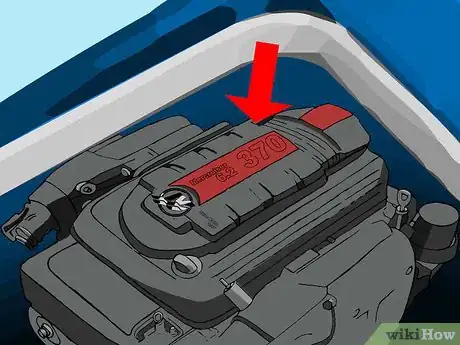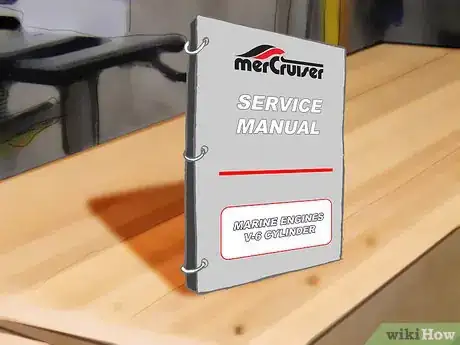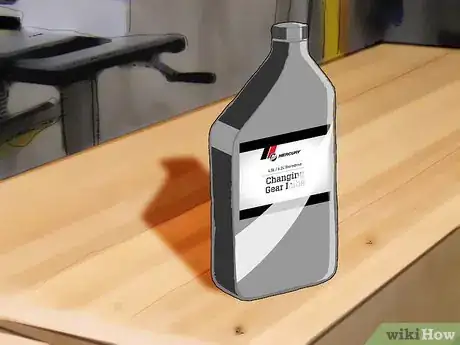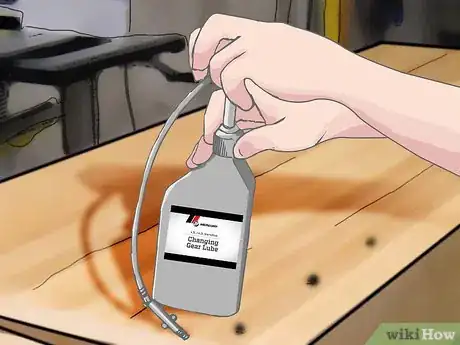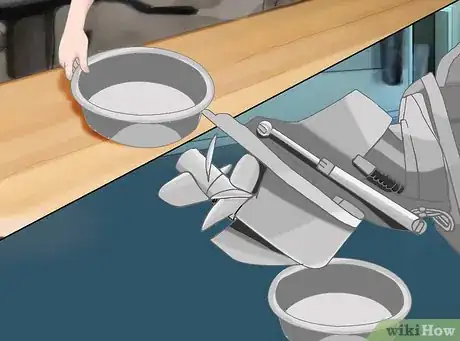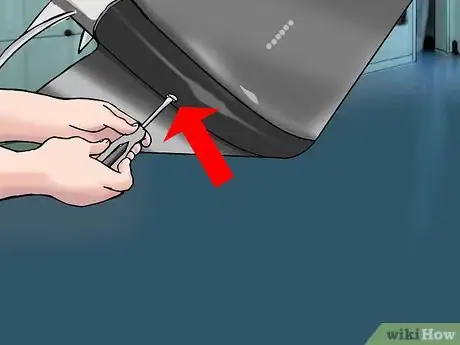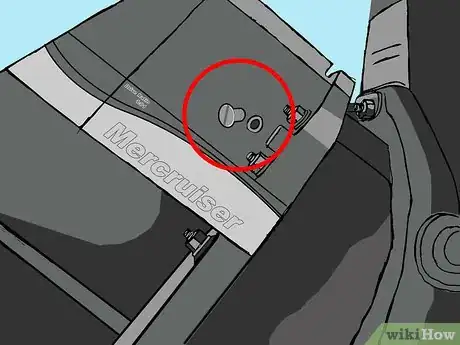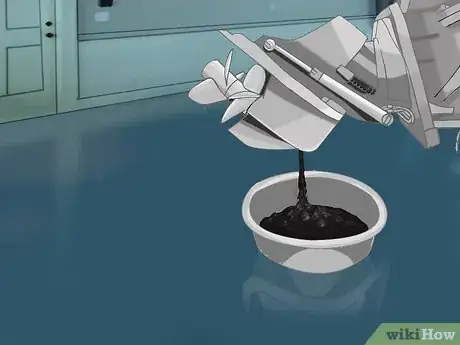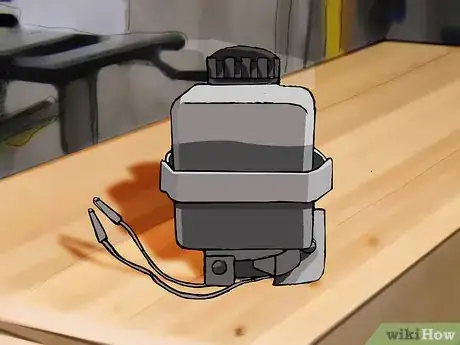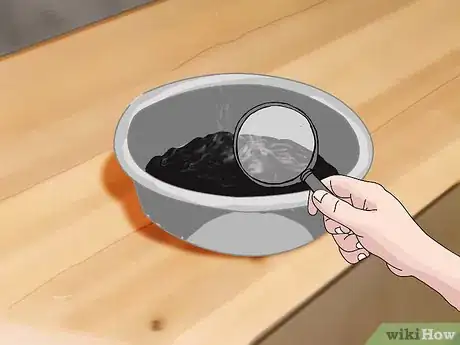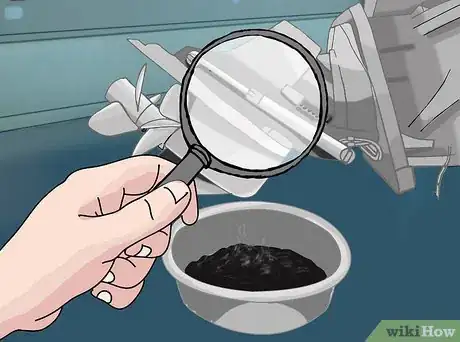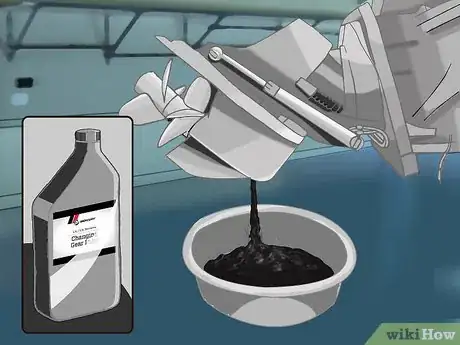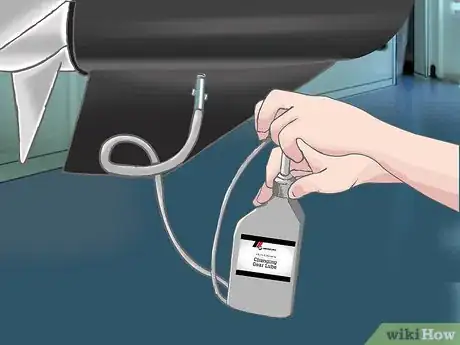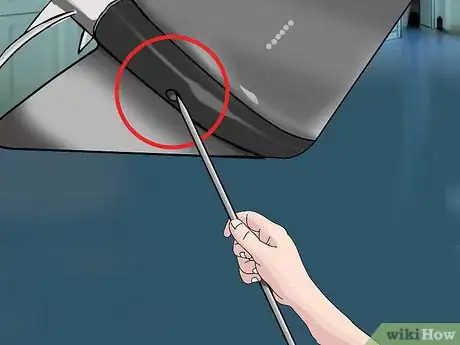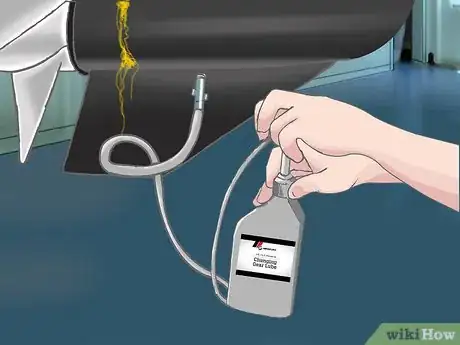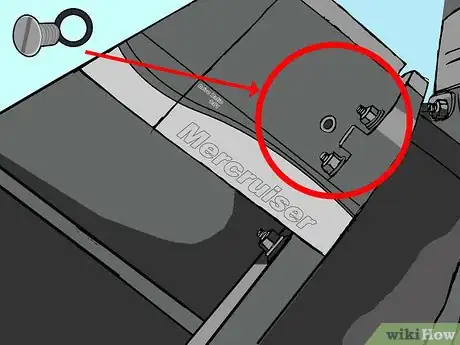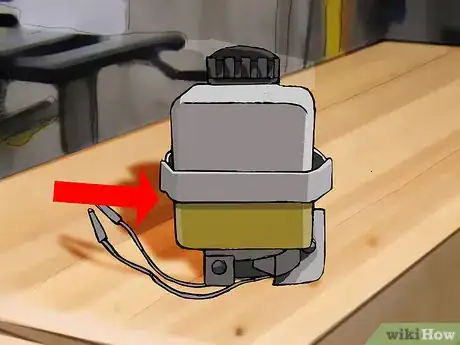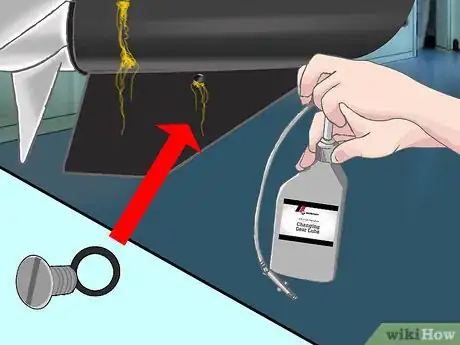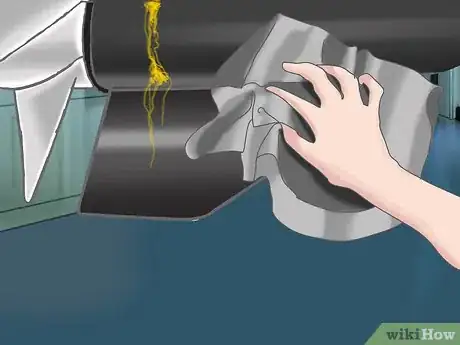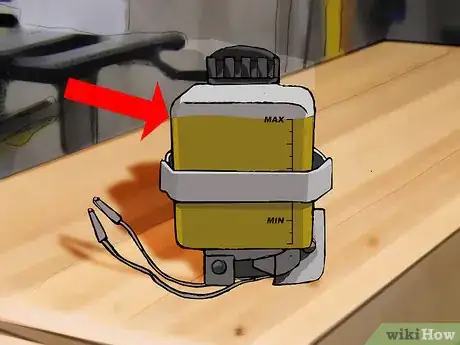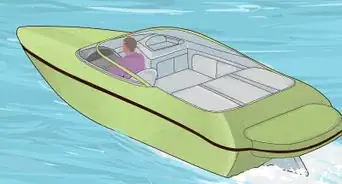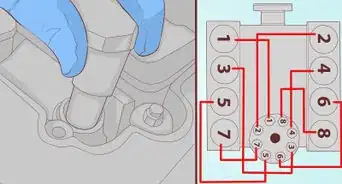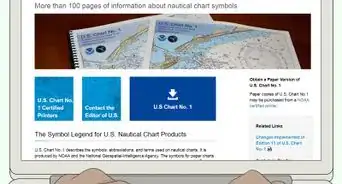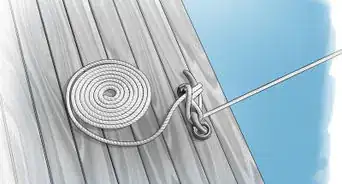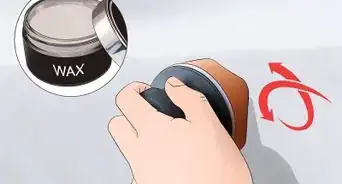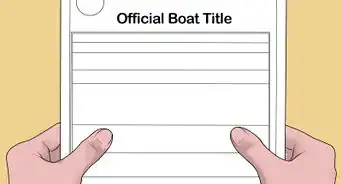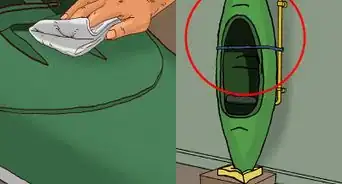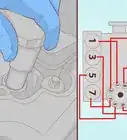X
wikiHow is a “wiki,” similar to Wikipedia, which means that many of our articles are co-written by multiple authors. To create this article, 15 people, some anonymous, worked to edit and improve it over time.
This article has been viewed 216,835 times.
Learn more...
Properly maintain your Mercruiser sterndrive. Change the lube every year or sooner if you suspect a problem.
Steps
-
1Determine what model drive you have.[1]
-
2Read your owners manual.Advertisement
-
3Buy the correct amount and type of lube plus a little more.
-
4Buy a little hand pump that fits the bottle of lube to fill the drive.
-
5Place a clean oil drain pan under the drive to catch the old lube as it drains out of the bottom of the drive.
-
6Use a large screwdriver and remove the lower drain plug.
-
7Remove the top oil vent plug.[2]
-
8Let the unit completely drain.[3]
-
9If your drive has an internal drive lube monitor bottle in the boat, remove the bottle from its bracket and pour out the old lube. Look in the bottom of the bottle. If you see residue in the bottom of the bottle it should be removed and rinsed out with carb cleaner or Power Tune. Make sure the bottle is clean and dry.
-
10If the old lube looks and smells bad it could be an indication of a problem.
-
11Inspect the gear lube for evidence of metal particles or water intrusion.
-
12If the lube looks bad and you suspect a problem, FIX the problem before placing the drive back into service.
-
13If the lube was simply old and smelly it is a good idea to flush the drive one time with new clean lube.
-
14To flush the drive fill the drive from the BOTTOM hole with enough lube to fill the drive and then let it drain out fully. Do NOT reuse the flushing lube.
-
15Use a sharp pointy pick and make sure to remove the old drain plug gaskets from the drain and vent holes. Never reuse an old drain plug gasket. Old gaskets get brittle and hard as rock. Look closely in the hole and use the pick to make sure all of the old gaskets have been removed. Buy new drain plug gaskets and place them over the cleaned-up plugs.
-
16Fill the drive from the bottom-up until the lube flows out of the top/side vent hole.[4]
-
17Install the top vent plug with the new gasket and tighten.[5]
-
18If your drive has an internal drive lube monitor bottle, continue to pump lube until there is approximately one inch of lube in the monitor bottle. If you don't, the upper unit will not be lubricated properly.
-
19Remove the lube fill pump from the bottom hole and quickly install the bottom plug with its new gasket.
-
20Wipe up any residual oil.
-
21If your drive has an internal drive lube monitor bottle, add lube to the bottle up to the "full" line. Be aware that the drive might have an air bubble and that the system might "burp" after being run. This could result in a drop of the oil level in the bottle. Just top off the bottle with clean lube and keep an eye on it. Be sure to loosen the bottle cap to avoid creating pressure in the system. Pressure in the system will make a mess when the hand pump fitting is removed from the bottom fill hole.
Advertisement
Community Q&A
-
QuestionHow is gear oil reservoir connected to the outdrive?
 Community AnswerThere is a passage through the gasket, up through a 1/4" hose and into the boat through the transom. After that, there's another 1/4" hose to the reservoir.
Community AnswerThere is a passage through the gasket, up through a 1/4" hose and into the boat through the transom. After that, there's another 1/4" hose to the reservoir. -
QuestionI have a MerCruiser 250 Inline 6. What type of gear lube does it need? Where can I find this info?
 Community AnswerMercury Premium SAE 80W90 Gear Lube is recommended for lower units for outboards below 75 horsepower. It should not be mixed with Mercury High-Performance SAE 90 Gear Lube.
Community AnswerMercury Premium SAE 80W90 Gear Lube is recommended for lower units for outboards below 75 horsepower. It should not be mixed with Mercury High-Performance SAE 90 Gear Lube. -
QuestionHow do I figure out why my speedometer doesn't work?
 Community AnswerTake it to get serviced even if it costs money. Take it to a reputable dealer or mechanic.
Community AnswerTake it to get serviced even if it costs money. Take it to a reputable dealer or mechanic.
Advertisement
Warnings
- The drive might be pressurized and the oil can spray out and get in your eyes. Use safety glasses.⧼thumbs_response⧽
- Oil can be harmful in absorbed through your skin so use gloves.⧼thumbs_response⧽
- Double check that you tightened the plugs securely.⧼thumbs_response⧽
- Remove the prop for safety.⧼thumbs_response⧽
- Disconnect the battery negative before removing the prop.⧼thumbs_response⧽
- Dispose of old oil properly.[6]⧼thumbs_response⧽
Advertisement
Things You'll Need
- More than enough factory recommended lube.
- A small plastic lube fill pump to fill from the bottom hole.
- Large wide screwdriver.
- Oil drain pan.
- New drain plug gaskets.
- Rags.
References
About This Article
Advertisement
